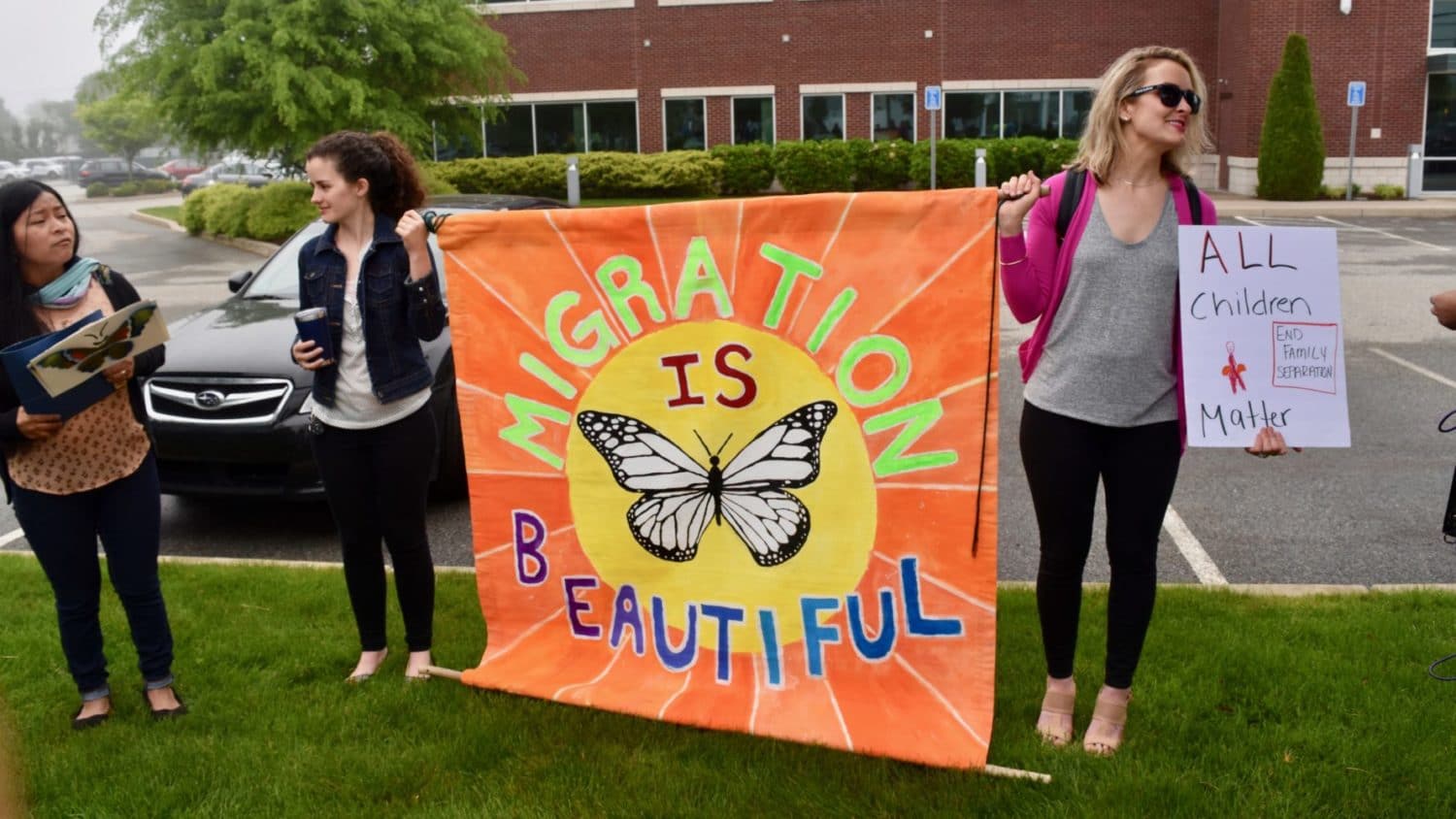ACLU court brief supports challenge to extradition of man likely to be tortured if returned to his country
In 2016, the Board of Immigration Appeals concluded that it was “more likely than not” that Aguasvivas would be tortured if sent back to the Dominican Republic. The American Civil Liberties Union Immigrants’ Rights Project and the ACLU of Rhode Island have today filed a “friend of the court” brief in the United States Court of Appeals in Boston in
November 28, 2019, 9:56 am
By Uprise RI Staff
In 2016, the Board of Immigration Appeals concluded that it was “more likely than not” that Aguasvivas would be tortured if sent back to the Dominican Republic.
The American Civil Liberties Union Immigrants’ Rights Project and the ACLU of Rhode Island have today filed a “friend of the court” brief in the United States Court of Appeals in Boston in support of a lower court ruling barring the extradition of a man whom the United States State Department is trying to return to the Dominican Republic even though an immigration appeals board found he would likely be tortured if returned there.
In September, United States District Judge John McConnell, Jr rejected the State Department’s notion that “one arm of the Executive Branch can make a determination and another arm of the Executive Branch can ignore that determination when deciding the exact issue.” The court brief filed today, similar to one the ACLU filed in the district court, responds to the federal government’s appeal of that ruling.
See also:
- ACLU: Cristian Aguasvivas likely to be tortured if returned to Dominican Republic
- Will Cristian Aguasvivas be returned to the Dominican Republic to be tortured?
The Dominican Republic has been seeking to extradite Cristian Aguasvivas, who is being held at the Wyatt Detention Center, for allegedly fatally shooting a police officer. Aguasvivas claims he is innocent and the victim of rampant police corruption in that country that engages in torture and extrajudicial killings. According to his habeas corpus petition, after being hunted by Dominican Republic police, Aguasvivas fled to the United States and sought asylum. In 2016, the Board of Immigration Appeals (BIA), the federal administrative appellate body that applies immigration laws, concluded that it was “more likely than not” that Aguasvivas would be tortured if sent back to the Dominican Republic. The BIA relied on testimony from various witnesses who testified they were themselves tortured by the police in an attempt to find him and evidence that Aguasvivas’ brother was later killed by Dominican Republic police.
The BIA issued an order preventing his deportation, relying on an international human rights treaty to which the United States is a signatory that prohibits the return of any individual to a country where they will face torture. Despite the BIA’s order, the United States State Department has taken the position that it remains free to extradite Aguasvivas, and that the courts have no jurisdiction to interfere with its plans or to consider whether Aguasvivas will be tortured and killed in the Dominican Republic.
Cody Wofsy, Staff Attorney with the ACLU Immigrants’ Rights Project, said today: “The district court correctly recognized its authority, and responsibility, to hold the government to our country’s fundamental humanitarian commitments.”
ACLU of RI executive director Steven Brown added: “We are hopeful that the courts will continue to serve as a bulwark against the inhumane and unlawful practices emanating from the Trump Administration’s anti-immigrant crusade.”
The ACLU’s brief and additional information about the case can be found here. Oral argument in the case has been scheduled for January 6, 2020.






